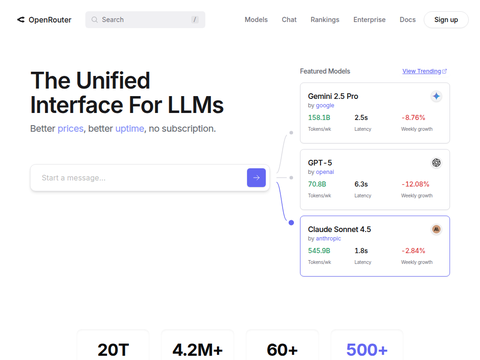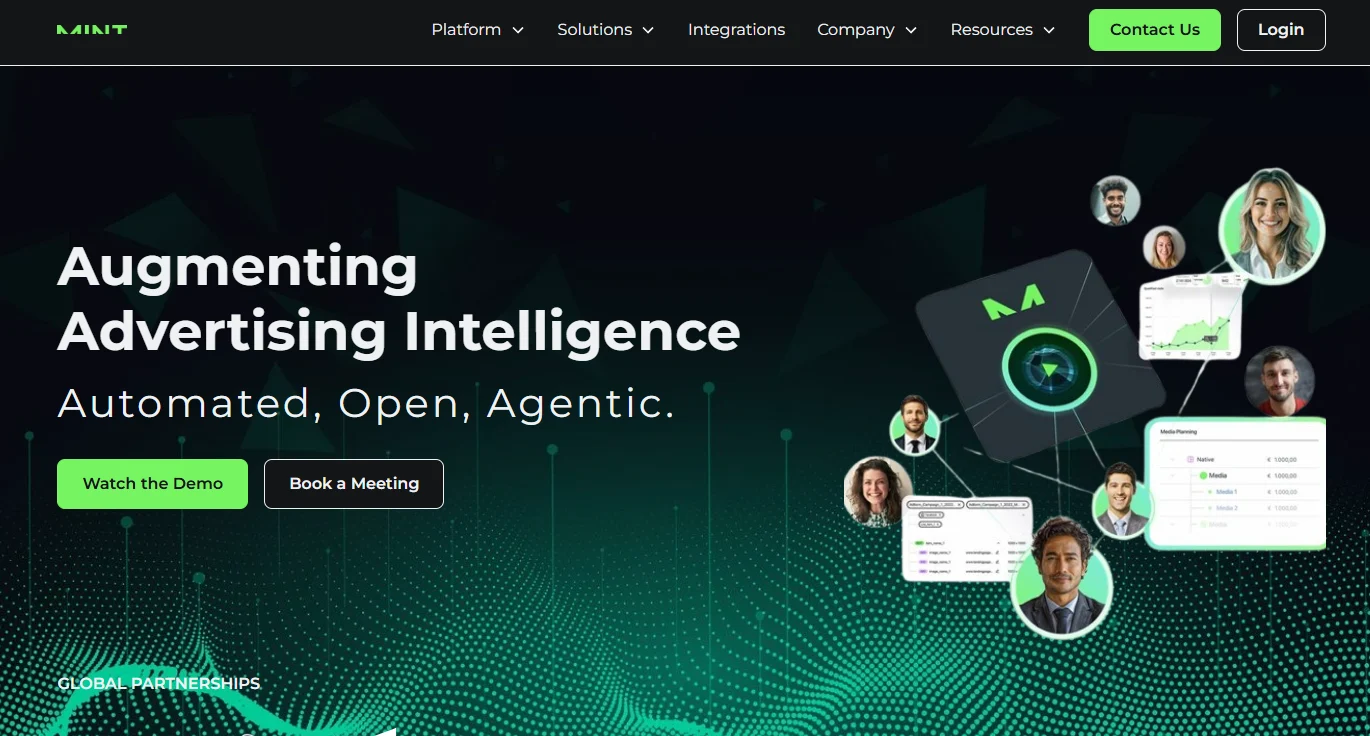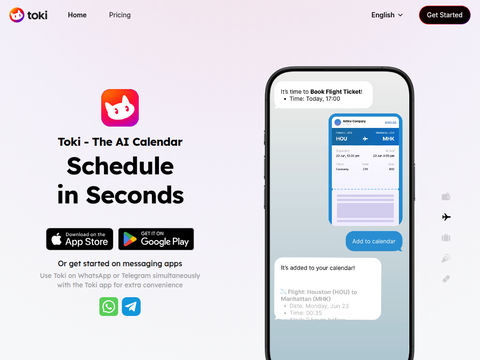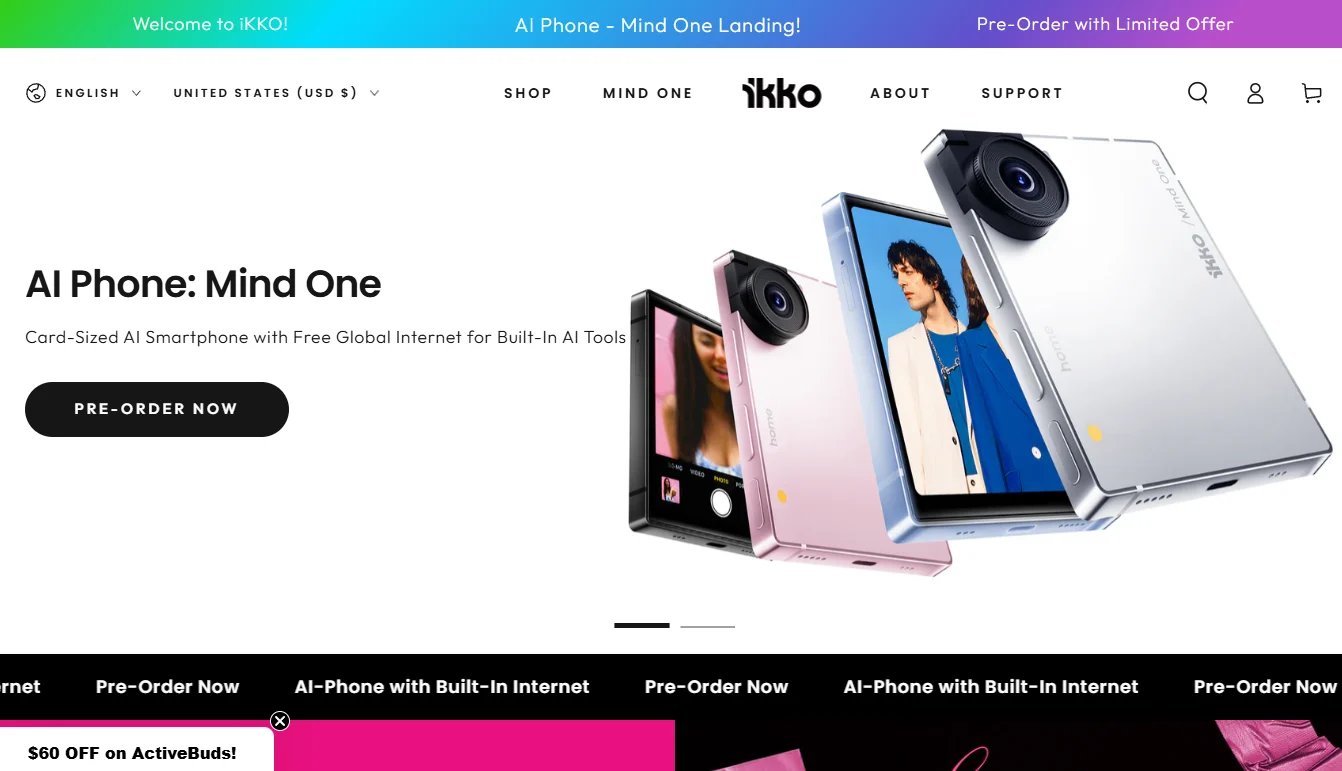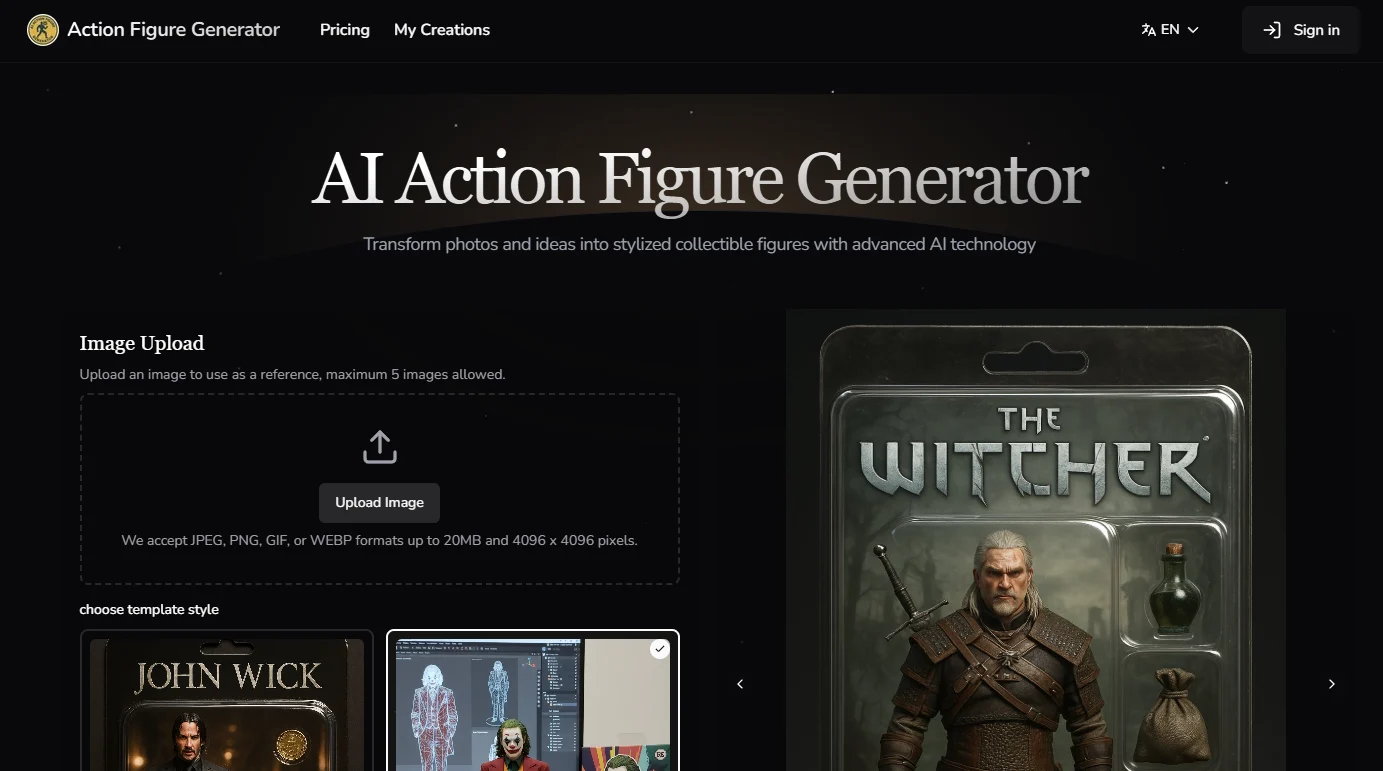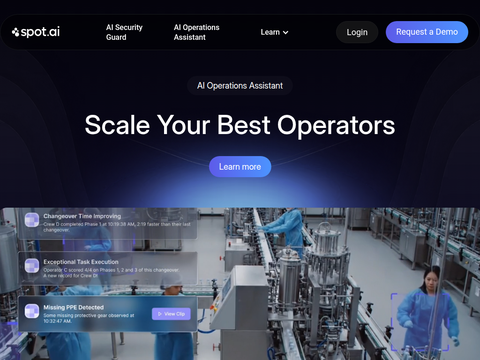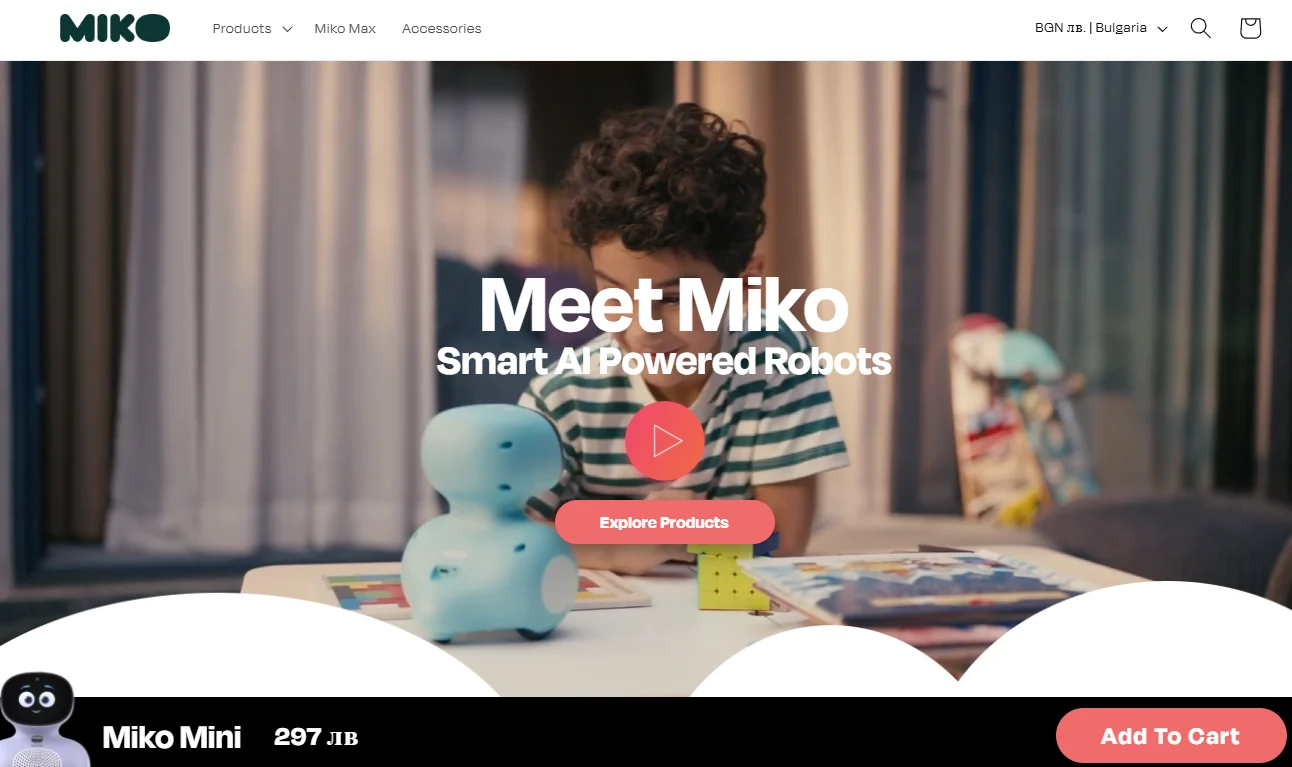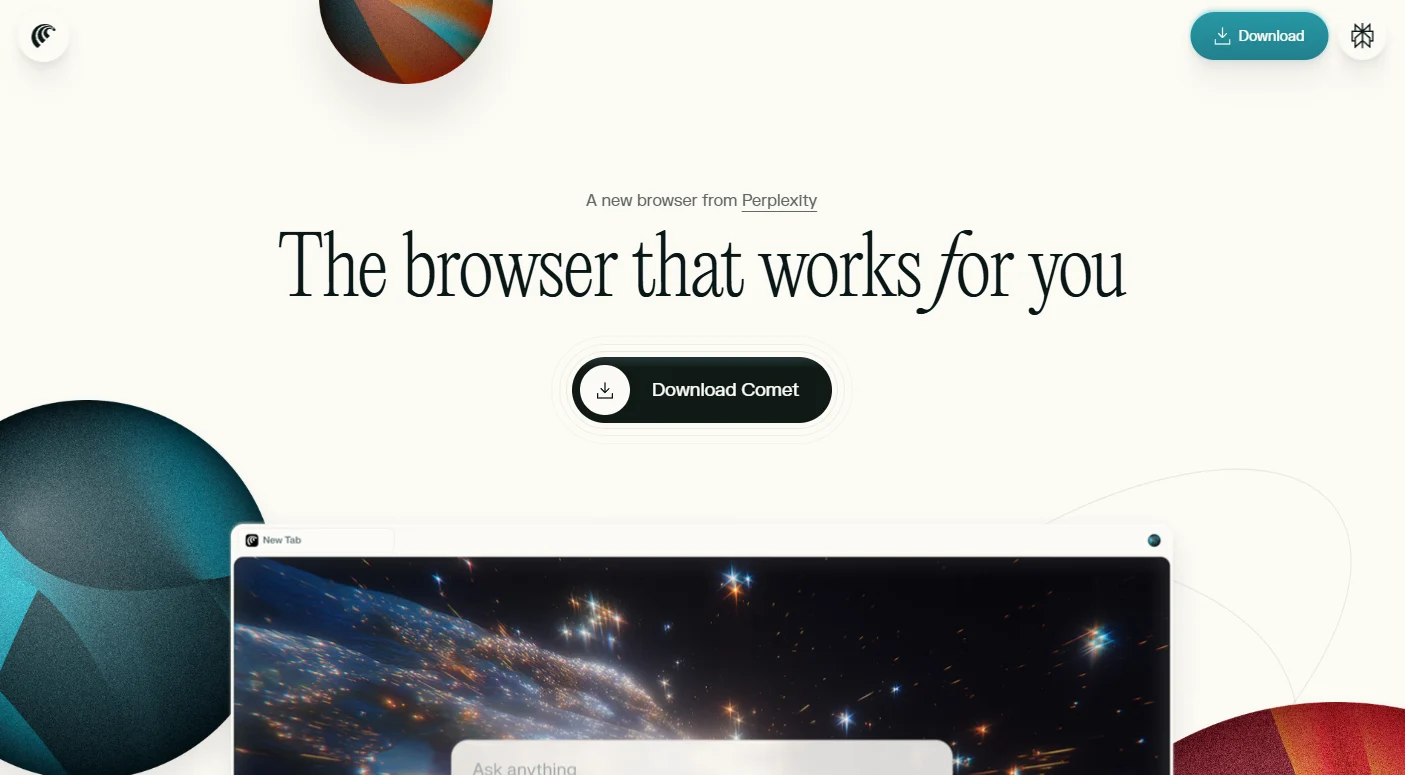Recently, a group publicly released a project seemingly related to OpenAI's yet-unreleased video generator, the Sora API, on the AI development platform Hugging Face. Utilizing authentication tokens obtained from the early access system, the group developed a front-end interface enabling users to generate Sora videos.
Through this front-end interface, users can input brief text descriptions to generate 10-second videos with resolutions up to 1080p. Several users on Platform X have successfully uploaded sample videos, most of which include OpenAI's distinctive visual watermark. As of 12:01 PM Eastern Time, the front-end interface became inaccessible, suggesting that OpenAI and/or Hugging Face have revoked access permissions.
The group claims that within three hours of the leak incident, OpenAI temporarily suspended Sora's early access permissions, making it inaccessible to all artists.
The group, named "Sora PR Puppets," accuses OpenAI of pressuring early testers to generate positive publicity for Sora while failing to compensate them appropriately. These testers include red team members and creative partners. In an article accompanying the front-end interface, the group stated: "A $150 billion-valued company’s [Sora early access] program has engaged hundreds of artists to provide unpaid labor through vulnerability testing, feedback, and experimental work. This early access initiative appears to prioritize public relations and advertising over creative expression and critique."
Initially, the group did not reveal its members' identities, but later that day began listing some members in attachments on Hugging Face and in another petition.
Additionally, the group accuses OpenAI of misleadingly promoting Sora's capabilities and imposing strict restrictions on early access users. Allegedly, all Sora-generated outputs require OpenAI's approval before widespread sharing, and only a select few creators' works are chosen for display.
In a statement, OpenAI stated that Sora remains in the "research preview" phase, with the company striving to balance creativity with robust safety measures for broader usage. The statement read: "Hundreds of artists participated in the development of Sora's alpha version, helping to identify new features and safeguards. Participation is voluntary, with no obligation to provide feedback or use the tool. We are pleased to offer these artists free access and will continue to support them through funding, events, and other initiatives. We believe AI can be a powerful creative tool and are committed to making Sora both functional and safe."
An OpenAI spokesperson also stated that artists have no obligations other than to "use Sora responsibly" and refrain from sharing confidential details during development. However, the spokesperson did not specify what "responsibly" entails or clarify which details OpenAI considers confidential.
Since its introduction earlier this year, Sora has faced numerous technical challenges, while competitors in the video generation field are striving to catch up. Additionally, one of Sora's co-leaders, Tim Brooks, left OpenAI in early October to join Google.
Kevin Will, OpenAI's Chief Product Officer, stated in a recent Reddit AMA that Sora's rollout was constrained by "the need to refine the model, ensure safety, imitation and other aspects of accuracy, and scale computational capacity." According to The Information, the original system announced in February required over 10 minutes to process and generate a one-minute video clip.
Early versions of Sora also encountered consistency issues. Filmmaker Patrick Sederberg had to generate hundreds of clips to obtain a usable segment, as the model struggled to maintain stylistic, object, and character coherence throughout the entire video.
Code discovered by users on Platform X indicates that the leaked version of Sora appears to be a faster "turbo" variant, with the code also suggesting features like style controls and limited customization options.
Reportedly, OpenAI has been training Sora on millions of hours of high-quality clips covering various styles and themes to enhance the quality of its generated videos.
In addition to technical hurdles, OpenAI has lost ground in partnerships to video generation competitors in recent months. In September, Runway signed an agreement with Lionsgate Films, the studio behind "John Wick," to train a custom video model using Lionsgate's film catalog. Approximately a week later, Stability, a developer of its own series of video generation models, recruited "Avatar" director James Cameron to join its board.
Reports indicate that earlier this year, OpenAI met with filmmakers and Hollywood studios to showcase Sora; former CTO Mira Murati attended the Cannes Film Festival. However, the company has yet to announce collaborations with any major production studios.

